there is a lot of noise in the nutrition world. it frustrates me, because i've spent hundreds upon hundreds of hours learning about nutrition, from macro to micronutrients and the dynamic ways our body is continuously making energy in our cells for us to breathe, move, and thrive.
some folks will tell you meat is bad, or all carbs are bad, or all fat is bad. these extreme statements are almost never true. eating real food, in moderation, with an abundance of micronutrients, in their whole forms as much as possible, through thoughtful preparation and slow, intentional consumption – these are the ways i teach people to eat. with awareness, relationship, and reciprocity at the forefront.
the weston price foundation is an excellent source of nutritional information. i don't abide by all the things this foundation preaches, and i ignore the parts that i think are not scientifically sound - but i hold deep respect for the research of weston price and his understanding of the importance of quality nutrition for healthy human bodies. if you want to learn more about his research that led to these principles, you can read the book nutrition and physical degeneration. it inspired a renowned registered dietitian-nutritionist, Lily Nichols, to create better guidelines for nutrition during pregnancy and for gestational diabetes. her work is incredibly well-referenced, and modern, for those who want to see citations for the below principles.
here are the principles, simply.
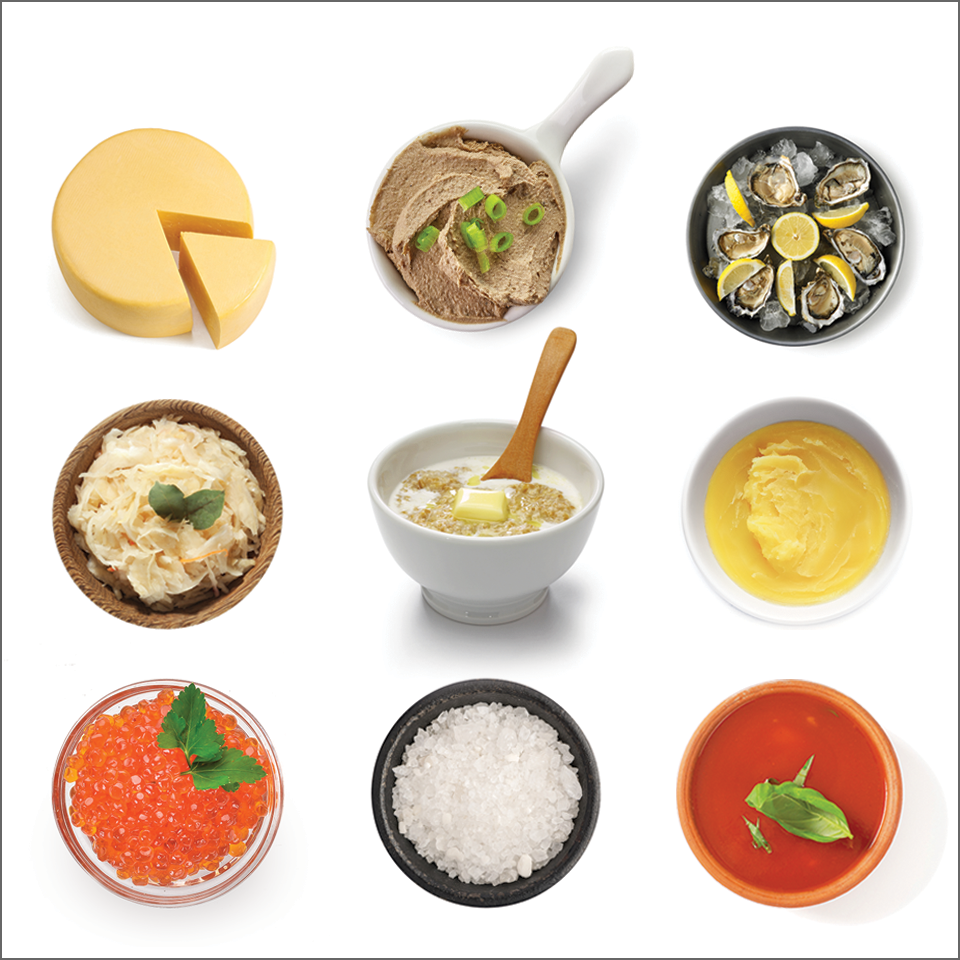
Introduction
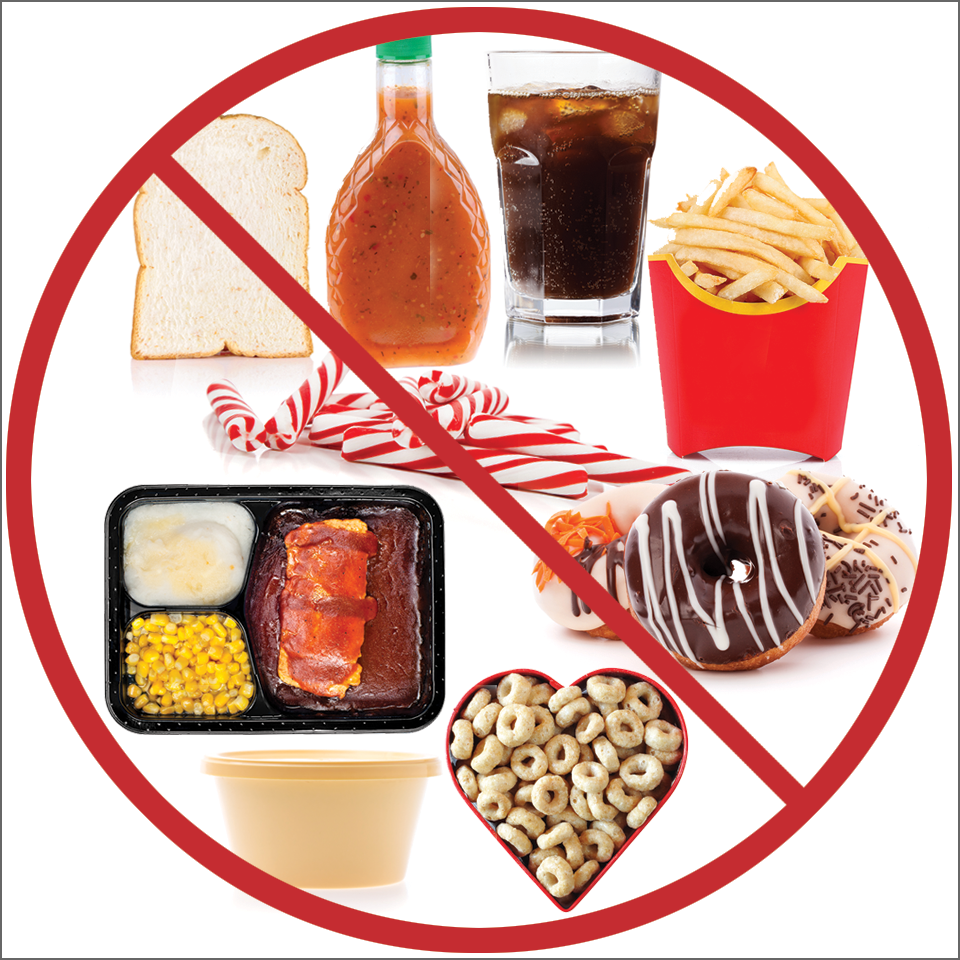

Avoid all refined and denatured foods. This includes artificial sweeteners.
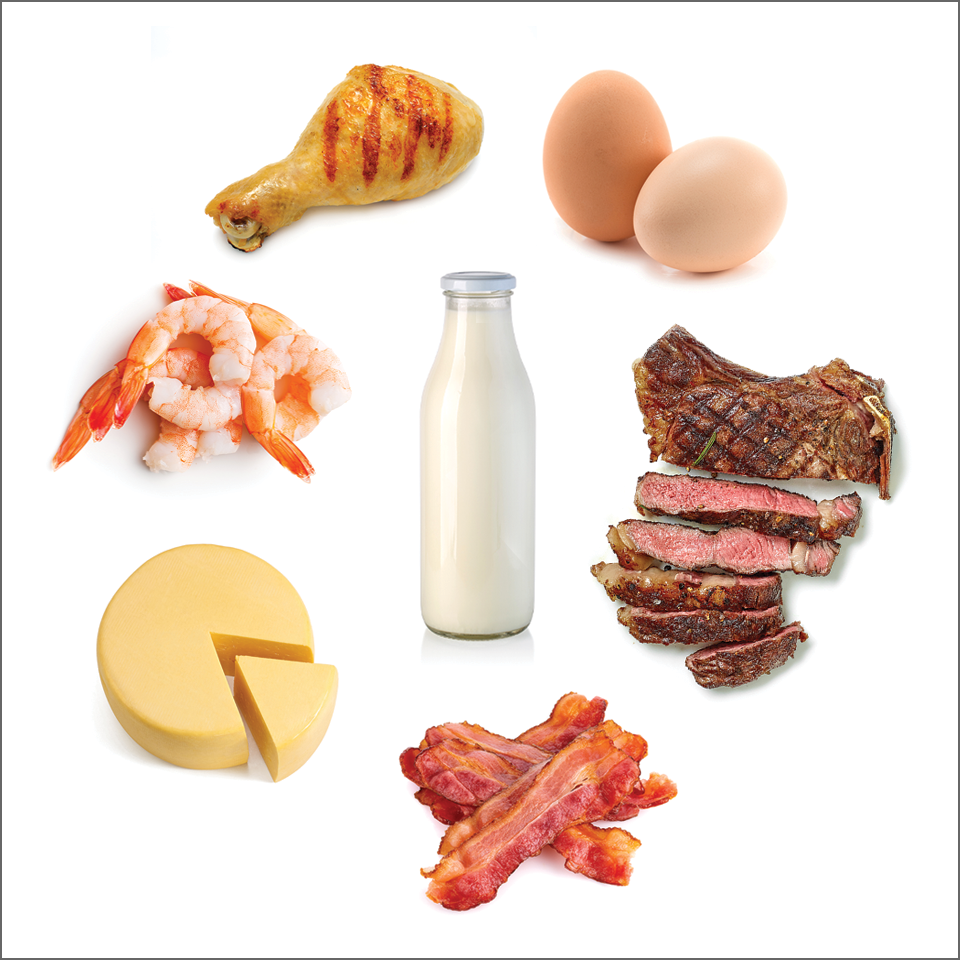

Include animal foods in your diet, regularly.
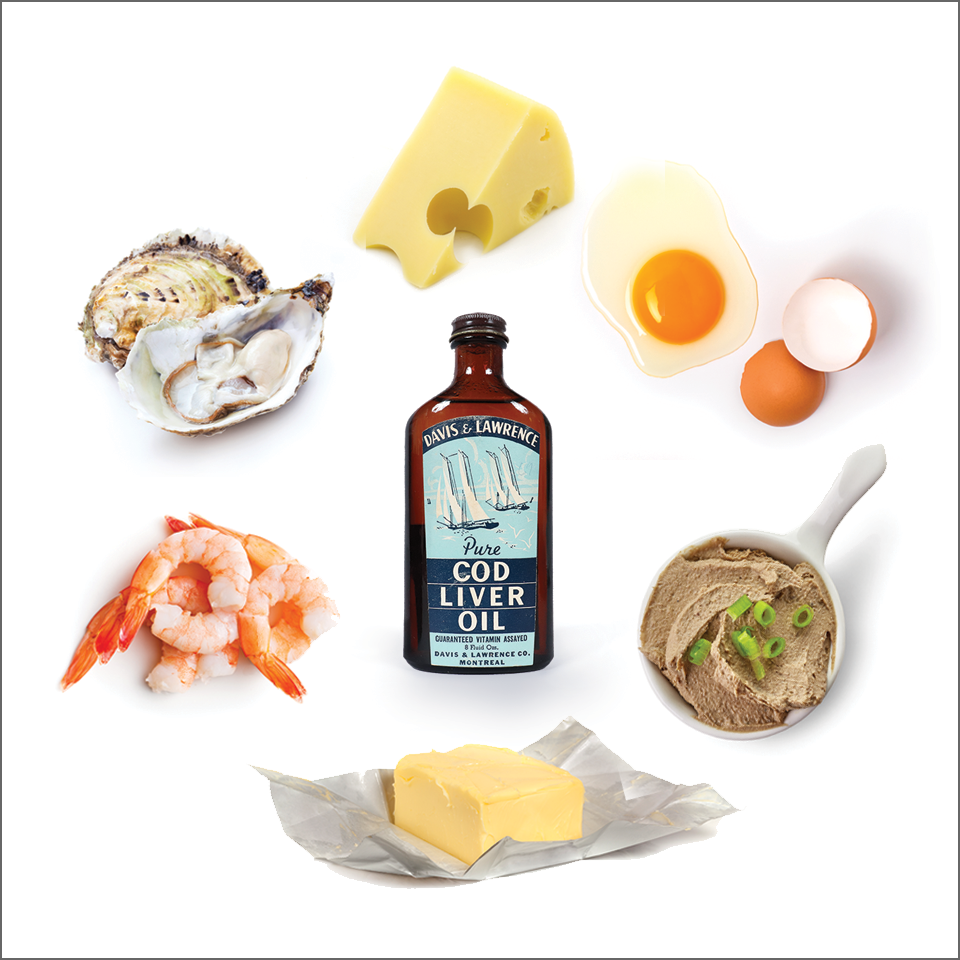

Emphasize nutrient–dense foods: organ meats, animal fats, eggs, raw dairy, shellfish, fish liver oils and fish eggs.
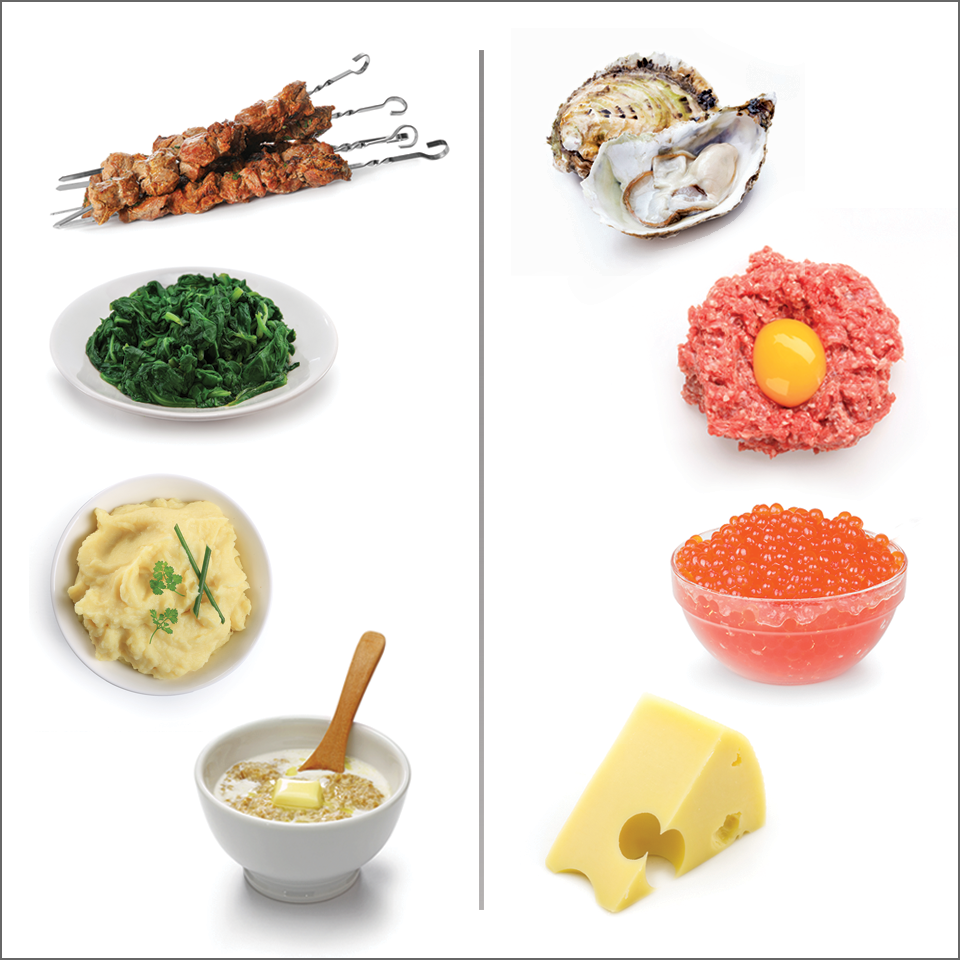

Eat some animal food raw; cook most plant foods.
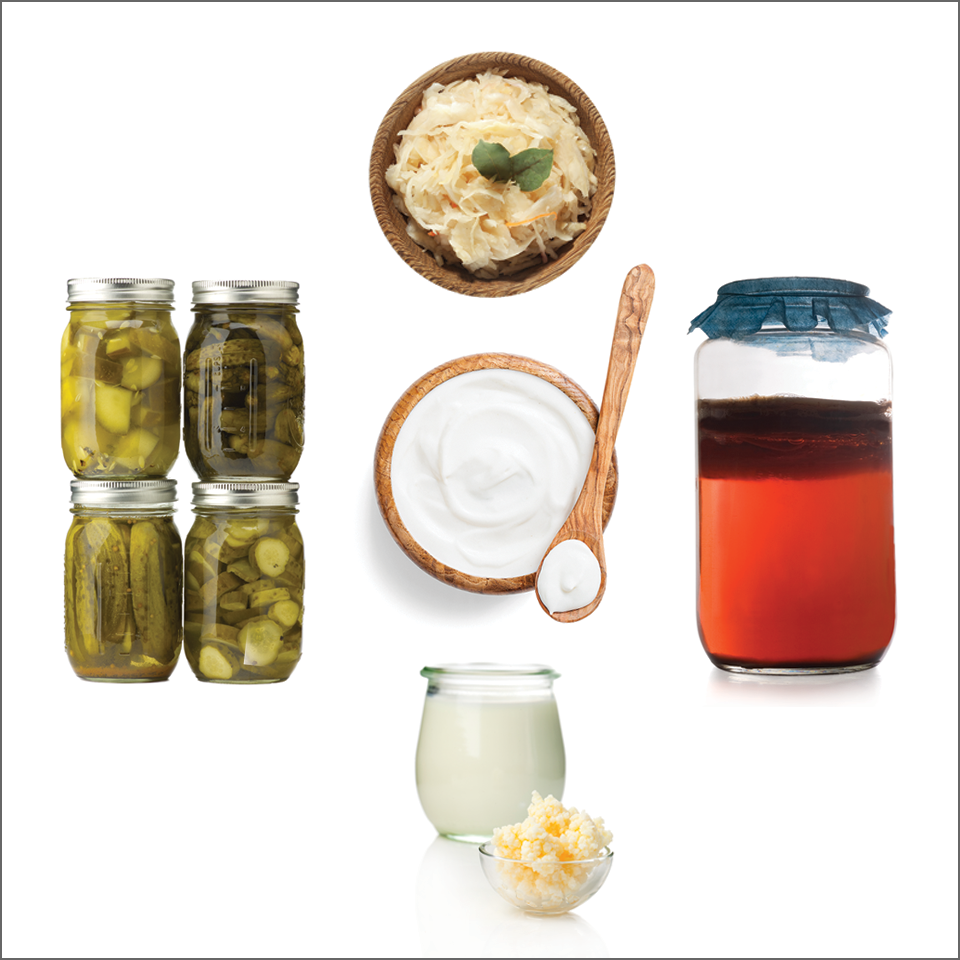

Enjoy lacto-fermented condiments and beverages.
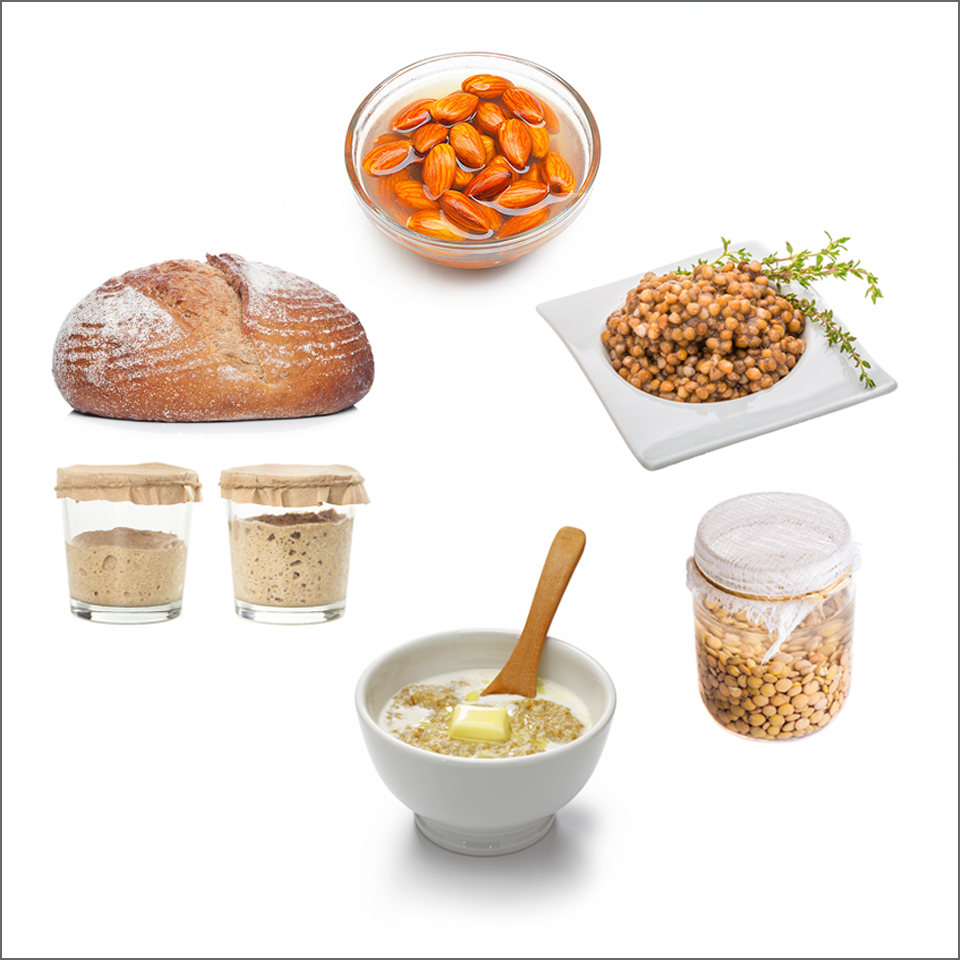

Prepare seeds, grains, and nuts properly to minimize anti-nutrients and enhance digestibility.
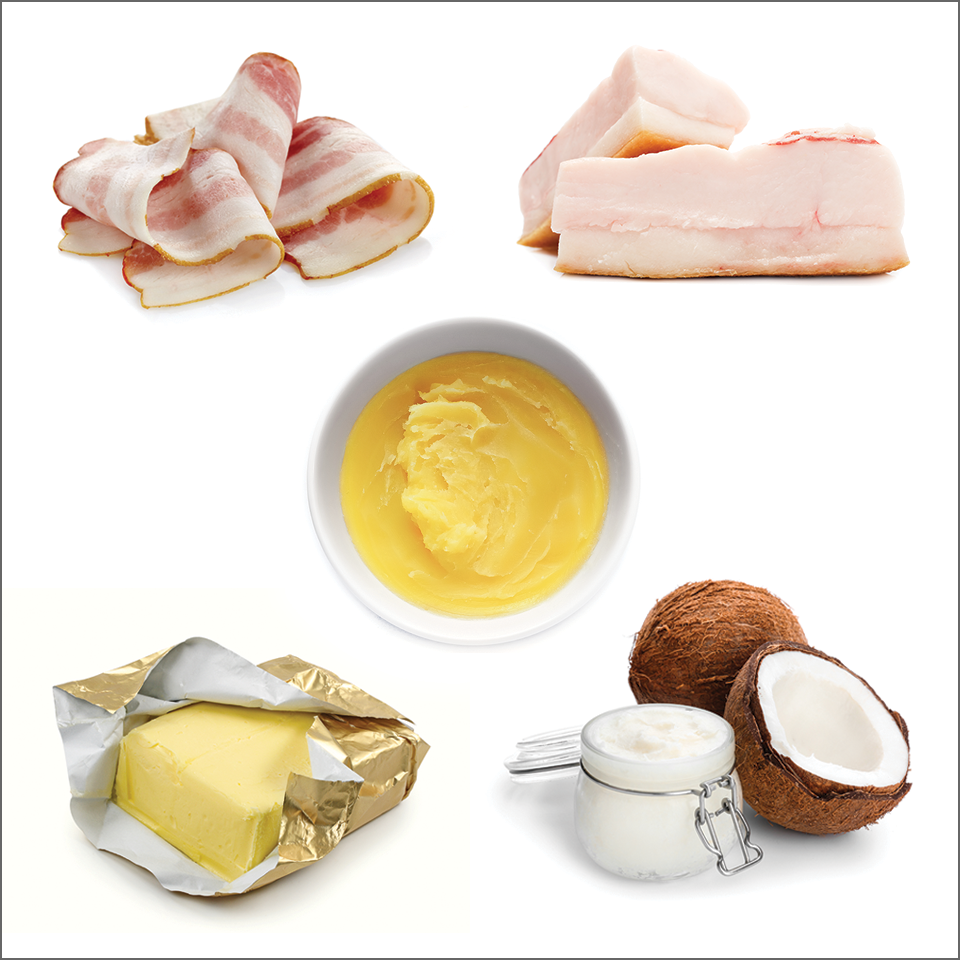

Enjoy saturated fats that come from natural, whole-food and pasture-fed animal sources; avoid industrial seed oils (canola, soy, safflower, cottonseed, peanut, rapeseed).
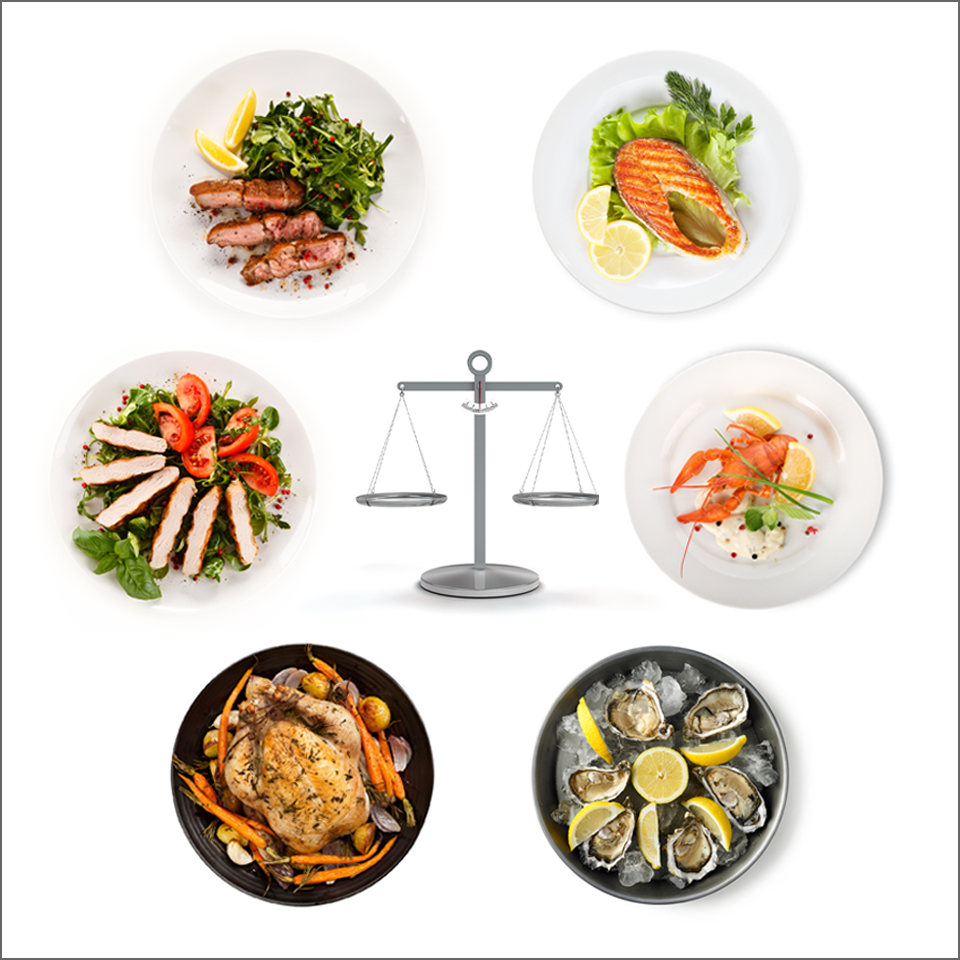

Consume animal foods from land and sea to balance omega-6 and omega-3 fatty acids.
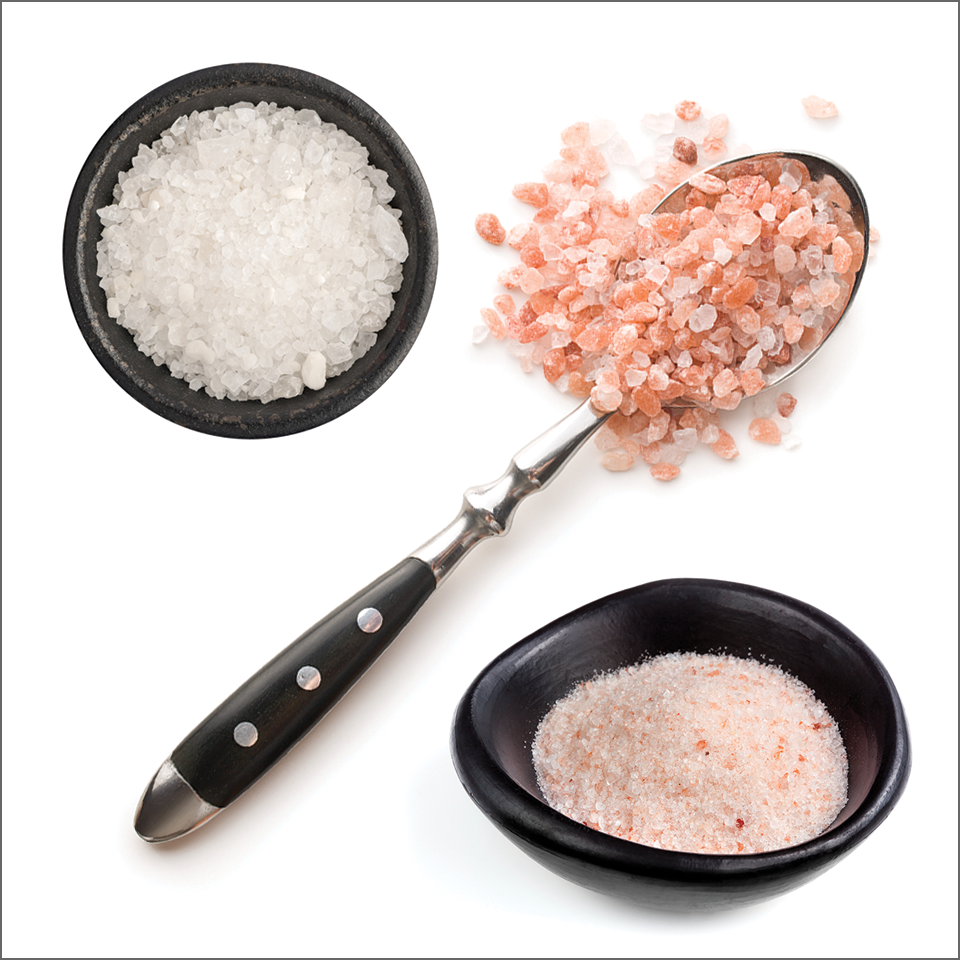

Use unrefined (REAL) salt liberally. See my post about salt: on salt 🧂.

Member discussion: